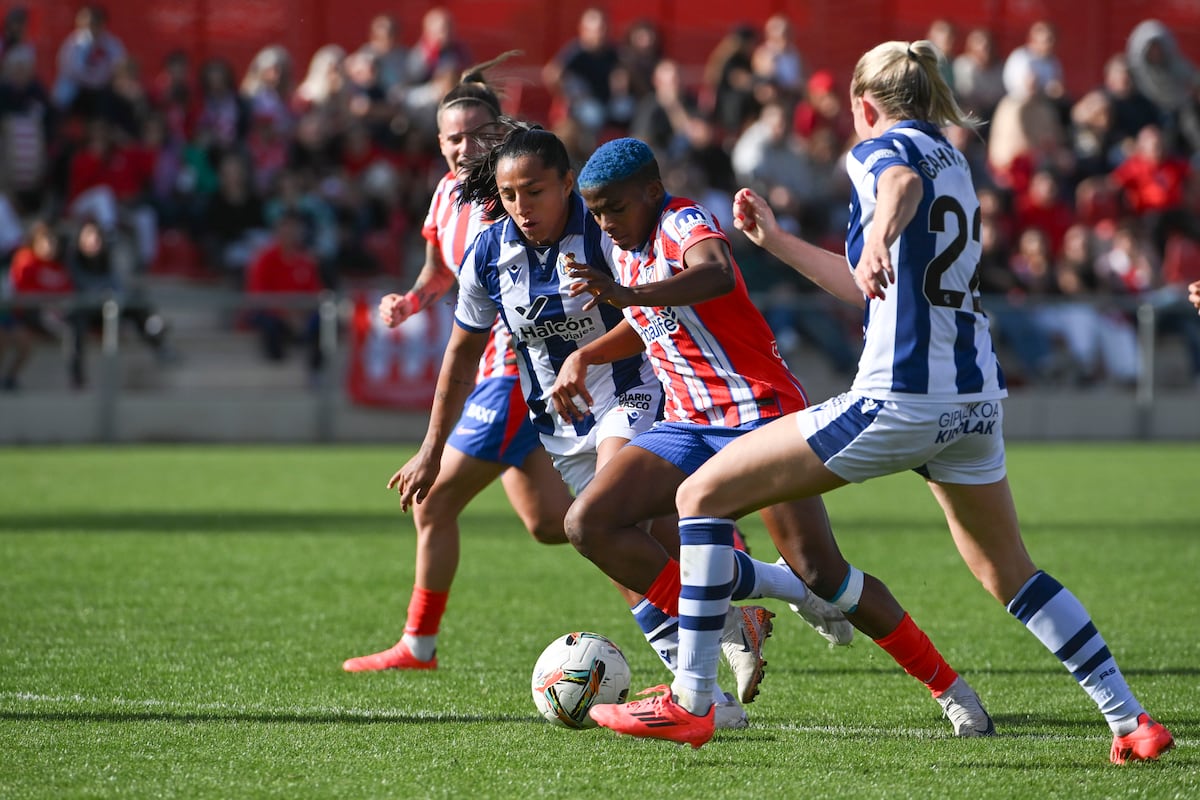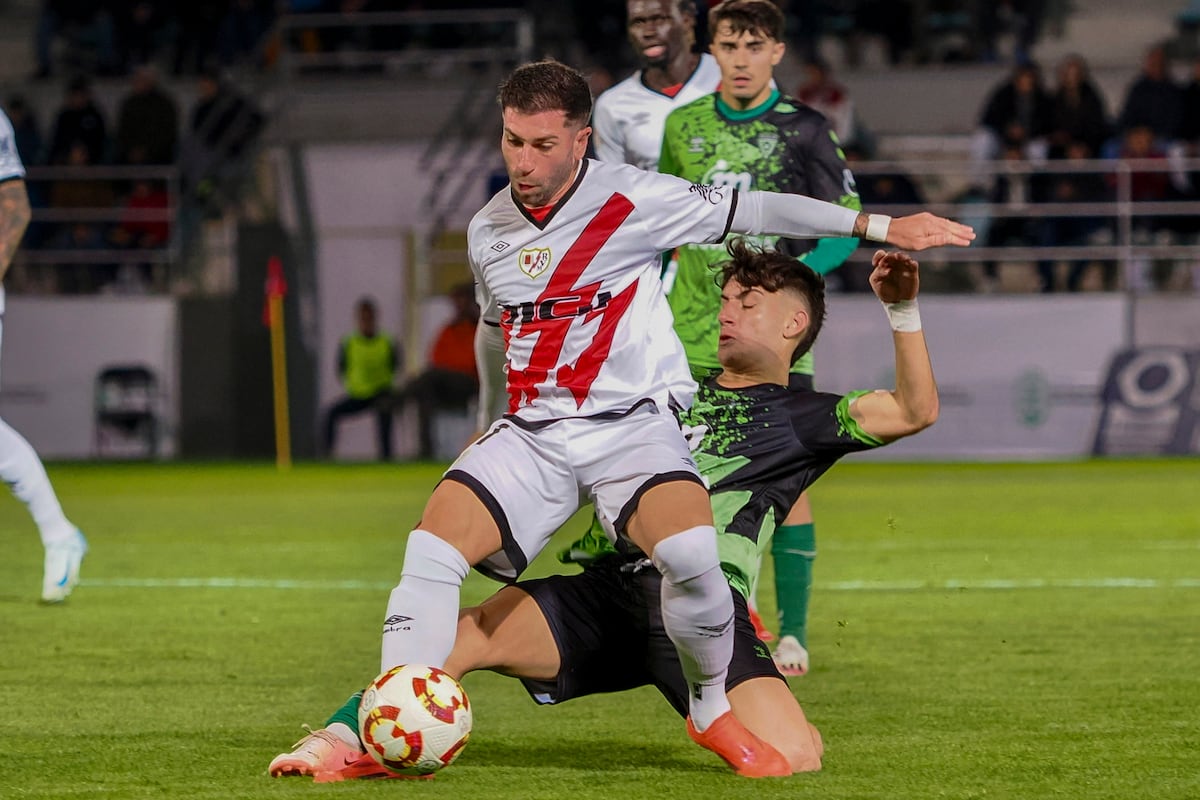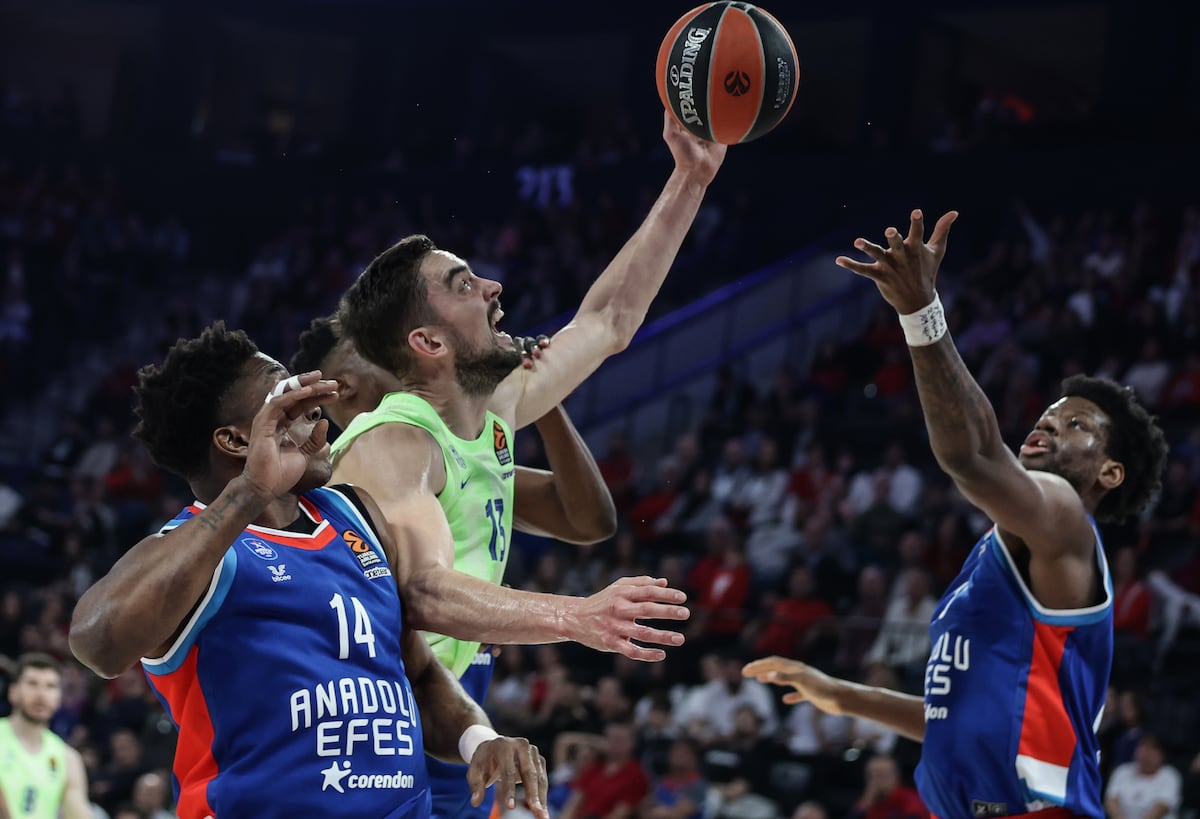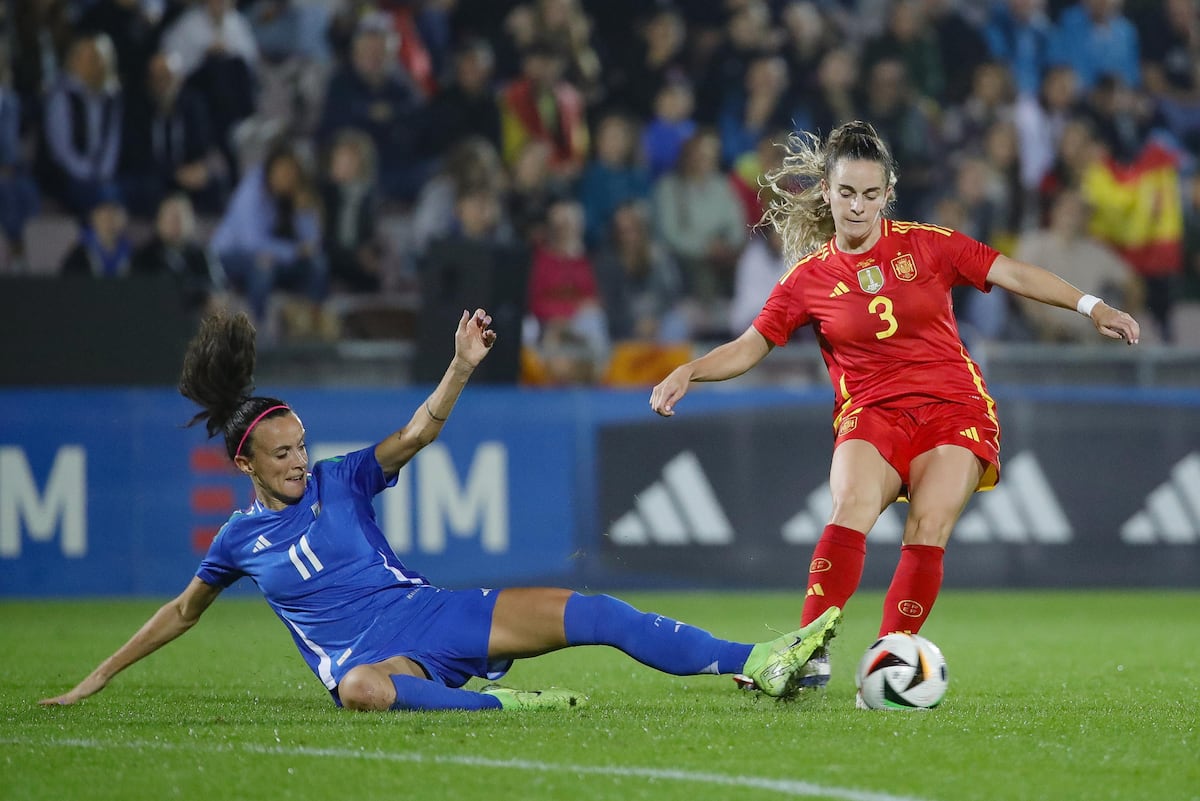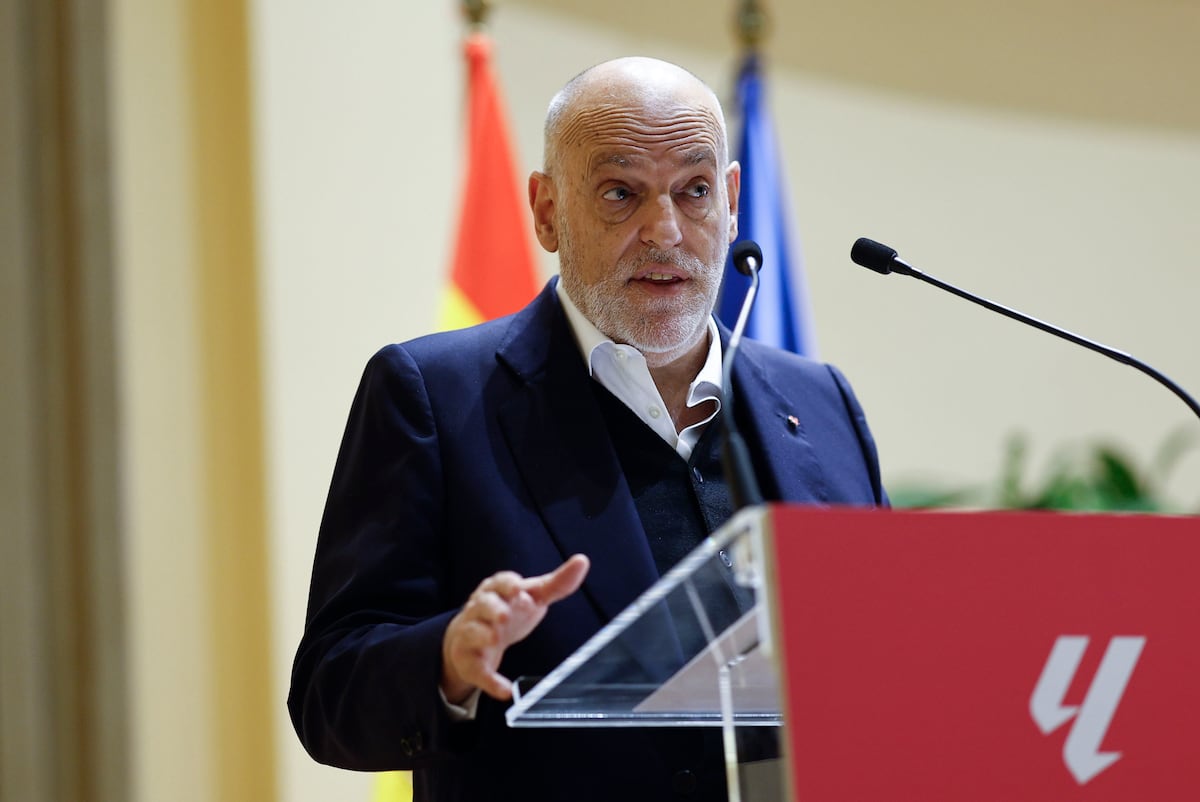After more than a year of negotiations, the F League and the unions FutPro, Futbolistas ON and Comisiones Obreras signed this Tuesday the second collective agreement of the women’s First Division without the support of the AFE and UGT. The new text that regulates labor relations between players and clubs has been approved by 97% of footballers. “This agreement reinforces the leadership of women’s professional football as the driving force of women’s sports in Spain and marks the way for other women’s competitions,” said Beatriz Álvarez, president of the association.
FutPro, the majority union in Spain in football played by women, has celebrated that the new framework “represents a significant advance in the rights and working conditions of all female footballers.” The F League has also stated that it represents a step forward “in matters of maternity and conciliation, mental health, permits, study scholarships and entrepreneurship.” The text maintains the automatic renewal of contracts for one more year for footballers who become pregnant and request it and obliges clubs to enable lactation rooms and offer daycare services.
The new agreement, which will be published in the Official State Gazette As soon as it is ratified and will last from July 1 to June 30, 2026 —this season and the next—, it will affect the players registered in League F and those who are called up for 12 games or play 10 games. Those players who come up from the reserve team or the lower categories must receive at least the minimum remuneration guaranteed by the text, which is 22,500 euros this season. In addition, bonuses, prizes, bonuses, and other salary concepts may not be part of the minimum wage, as explained by FutPro.
Another point included in the new framework is the employer’s obligation to provide soccer boots to athletes who do not have a sponsorship contract with a sports brand, as is the case with many of those who are not on the teams with the greatest budgets—Barcelona, Real Madrid and Atlético—.
The collective agreement also establishes the creation of the so-called mixed commission, a body that already exists in men’s football and that will be in charge of evaluating debt claims by female players. The employers and unions will be represented in this body to analyze non-payments before the footballers have to report the situation in court. If the commission – to which professionals can appeal as long as their contracts are registered 30 days after signing – rules in favor of the athlete, the club will be sanctioned if it does not pay.
The regulatory framework gives full power to the F League to establish the calendar and inform the unions and the Royal Spanish Football Federation (RFEF). Official competition matches cannot be played between December 23 and January 3 and the players must enjoy five days of rest during that period, one less than those established in the previous agreement.
Another aspect that modifies the agreement is the compensation system, which sets the amounts that one Spanish club must pay another for a footballer under 23 years of age who has played at least two seasons in a team even when her contract has ended. “A new method is established with objective criteria, eliminating discretion and 50% of the proceeds are allocated to the quarry, promoting the development of grassroots football and new talents,” FutPro explained in a statement in which it did not give further details. . The AFE took a position against it, considering that the rule violates the players’ freedom of contract.

